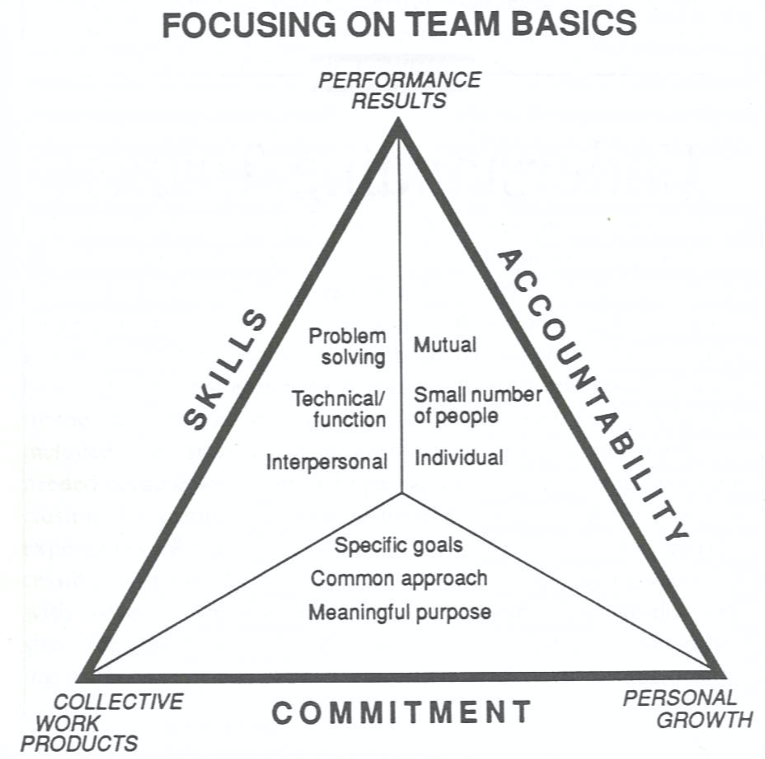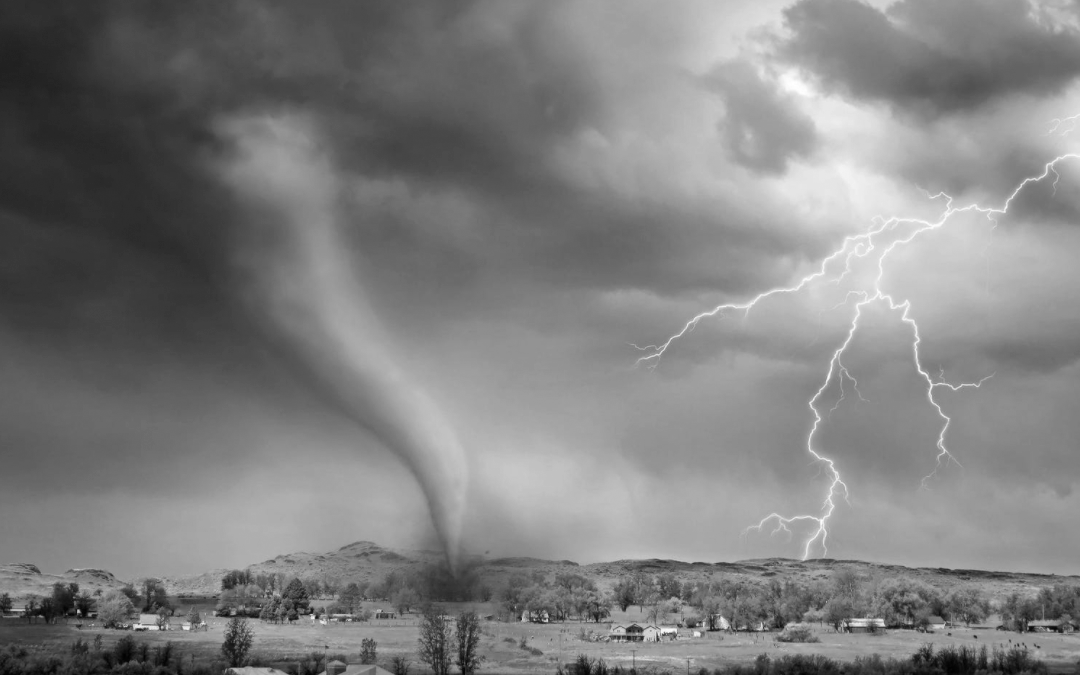
The New Economy
The New Economy
(sources: David C. Korten, Michael Schumacher, Victor Bremsen, Judy Wicks, Michael Shuman, Paul Hawken, Tad Hargrave).
The New Economy is about maximizing relationships and not about maximizing profits.. Rather than striving for continuous growth, international branding and centralized control, new models are scaled to build authentic and meaningful relationships, which add to the quality of life in local / regional communities and natural environment.
An alternative
People are sick and tired of the world being run by huge multinational corporations. They are sick of the same old marketing tactics and manipulative sales that they see being used.
People are craving something that feels more real and authentic instead of synthetic and contrived.
The solution is to build an alternative. This alternative includes not just businesses that are planted on the Kalvermarkt, Lijnbaan or De Passage but entire economies that are locally based.
Local business people are as threatened by giant international and transnational industries, financials, service and retail corporations / platforms as working people are.
Shuman: “The more times an Euro circulates in the community, the more jobs, income, and wealth there is in the community”. And if that well-worn Euro must go elsewhere, let it go to another locally owned business, and not to a global corporation.
The culture and institutions of the global economy must be replaced by the culture and institutions of a planetary system of new economies that mimics the behavior of healthy living organisms and ecosystems.
New Economies
A new economy is comprised of fair-profit and not-for-profit enterprises that are place-based, human-scale, stakeholder- owned, democratically accountable, and life and environment serving. The new economy is slower paced, localized and highly cooperative. It’s not about maximizing profits, but maximizing relationships.
New enterprises function as communities of people engaged in the business of creating just, sustainable, and fulfilling livelihoods for themselves while contributing to the economic health and prosperity of the community.
New Economy principles
The New Economy is guided by the following principles:
– new economy communities produce and exchange locally as many products needed by their citizens as they reasonably can, while reaching out to other communities to trade in those products they cannot reasonably produce at home. These communities value their unique character and encourage cultural exchange and cooperation;
– new economy public policies support decentralized ownership of businesses and farms, fair wages, taxes, and budget allocations, trade policies benefiting local economies, and stewardship of the natural environment.
– new economy consumers appreciate the benefits of buying from living economy businesses and, if necessary, are willing to pay a price premium to secure those personal and community benefits.
– new economy investors value businesses that are community stewards and as such accept a ‘living return’ on their financial investments rather than a maximum return, recognizing the value derived from enjoying a healthy and vibrant community and sustainable global economy.
– new economy businesses are primarily independent and locally owned, and value the needs and interests of all stakeholders, while building long-term profitability.
They strive to ..
The New Economy strives to:
_ source products from businesses with similar values, with a preference for local or regional procurement;
– provide employees a healthy workplace with meaningful living wage jobs;
– offer customers personal service and useful, safe, quality and sustainable products;
– work with suppliers to establish a fair exchange;
– coöperate with other businesses in ways that balance their self-interest with their obligation to the community and future generations;
– use their business practices to support an inclusive and healthy community, and to protect our natural environment;
– yield a ‘living return’ to owners and investors.








